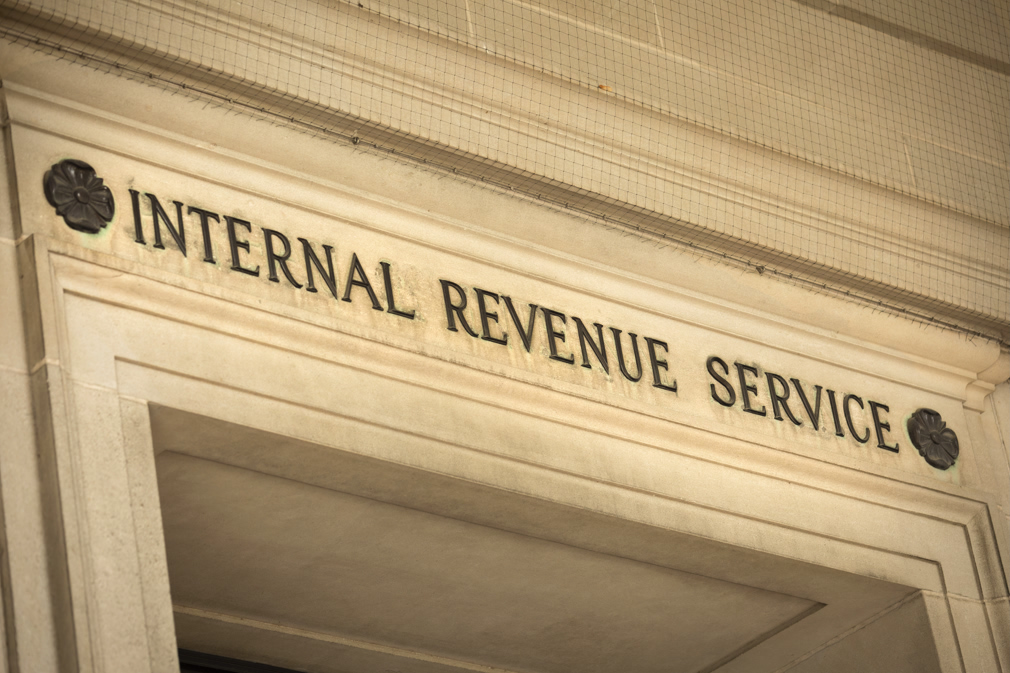The Internal Revenue Service has delayed tax payment deadlines for 90 days because of the coronavirus pandemic, though at this point the April 15 due date for filing returns has not been changed.
Treasury Secretary Steven Mnuchin said Tuesday that taxpayers can delay paying federal taxes on as much as $1 million in taxes owed for up to 90 days. That amount applies to individuals, pass-through entities and many small businesses.
Corporate filers would get the same delay to pay amounts due on up to $10 million of taxes, Mnuchin said. During that time, the IRS will not charge interest or penalties.
“We encourage those Americans who can file their taxes to continue to file their taxes on April 15, because for many Americans, you will get tax refunds,” Mnuchin said at a press conference.
The IRS, which is a department of Treasury, on Wednesday issued formal guidance, which can be found here. A week earlier, Mnuchin had said the IRS was planning a tax-payment delay, without citing the time period he specified on Tuesday.
The IRS has processed more than 65 million income tax returns as of March 6, Treasury data shows. About 80% of those received a tax refund, with an average of $3,012 per person.
Many states, including Connecticut, have matched the 90-day federal postponement for individual returns. For business returns, Connecticut moved the deadline to June 15.
California moved its state filing deadline back by 60 days.
Massachusetts has said it will at least match any federal deadline postponement, though in some cases it plans to exceed it. The state’s Department of Revenue said most taxpayers will get an automatic six-month delay, and the state has vowed to waive penalties under certain circumstances.
The American Institute of Certified Public Accountants is keeping an updated list of state postponements in a rapidly changing landscape. To view that, click here.







